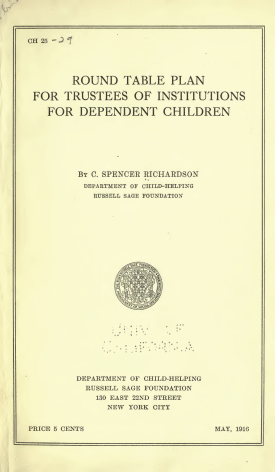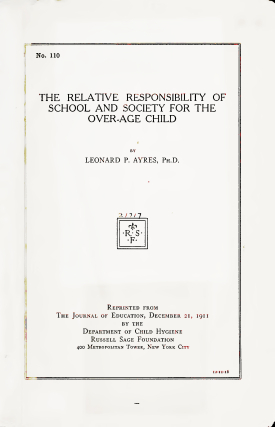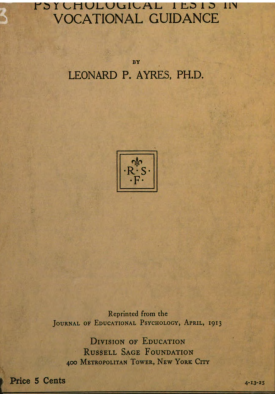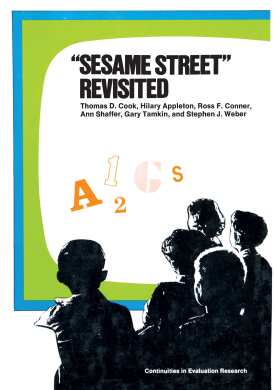Co-funded with the W.K. Kellogg Foundation
Both socioeconomic disadvantage and biological vulnerability contribute to the sizable socioeconomic status (SES) gaps in children’s school readiness. Significant income-related achievement gaps in cognitive and socio-emotional skills are evident in early childhood before the school years, and remain stable or even increase as children progress through school. This suggests that the initial SES-based gaps are associated with early home environments rather than formal educational inequalities.




